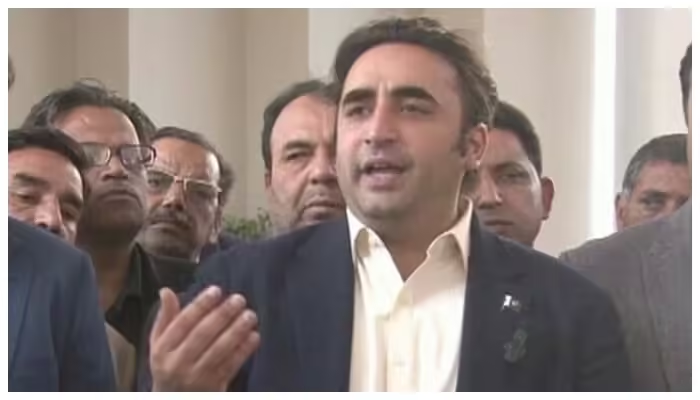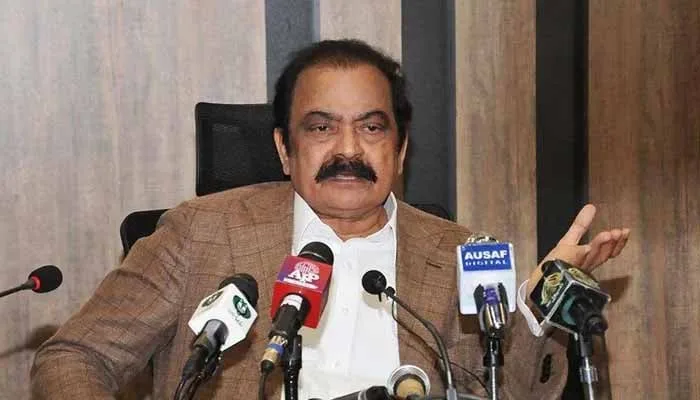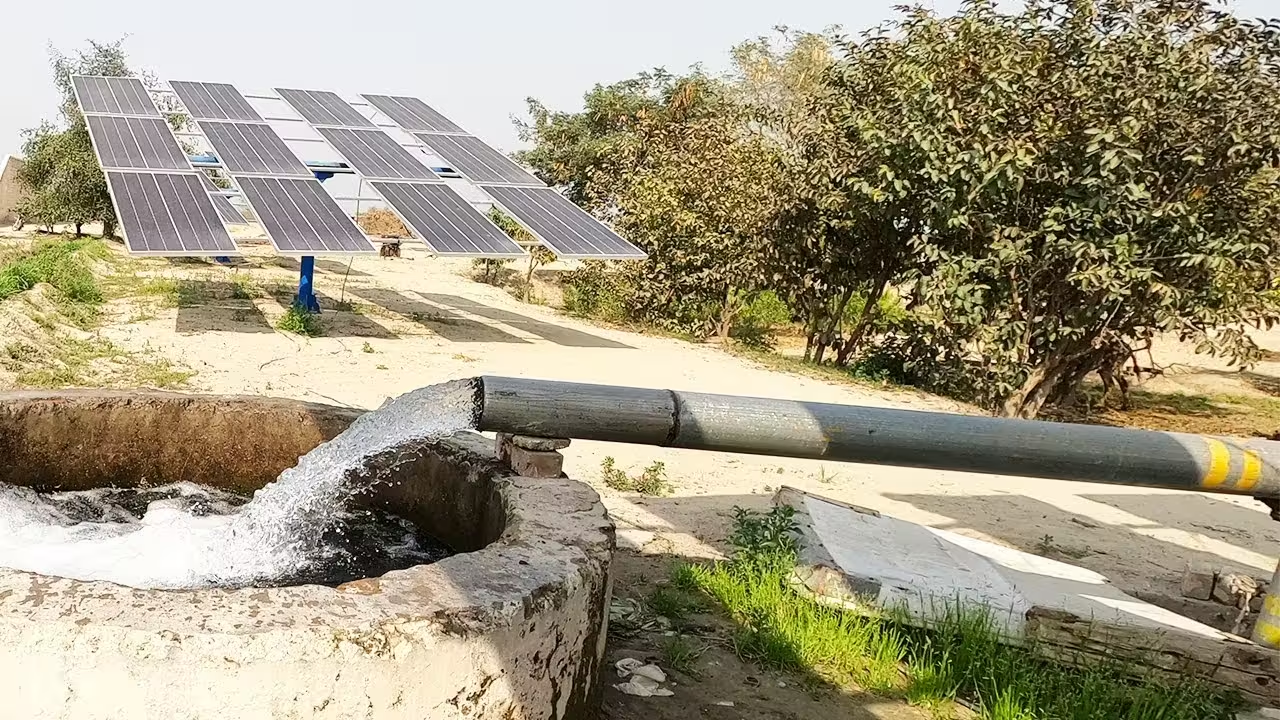In a candid discussion with journalists in Islamabad, Pakistan People’s Party (PPP) Chairman, Bilawal Bhutto Zardari, reiterated his party’s firm stance on various constitutional and legal matters, particularly expressing opposition to military courts and capital punishment. As Pakistan’s political climate remains volatile, Bilawal’s statements highlight the PPP’s commitment to upholding democratic principles and constitutional integrity, even as the country faces challenges from both within and outside its governing framework.
Opposition to Military Courts
Bilawal made it clear that the PPP is not in favor of military courts, a stance that aligns with the party’s long-standing principles of supporting civilian institutions and democratic processes. He emphasized that conducting military trials, particularly of political figures like the Pakistan Tehreek-e-Insaf (PTI) chairman, should only occur if strong evidence is presented. This remark is significant in the context of ongoing debates about the legality and fairness of military courts in handling political or civilian cases.
His opposition to military courts resonates with the PPP’s historical resistance to any form of authoritarianism or military overreach. Bilawal reiterated that while the current political situation may be tense, the solution lies within the constitutional framework, not through military interventions or trials.
Stand Against the Death Penalty
Bilawal also reaffirmed the PPP’s opposition to the death penalty, a position that has often set the party apart from other major political groups in Pakistan. He pointed out that the power of presidential pardon, which can be used to commute death sentences, remains with the PPP. This stance reflects the party’s broader human rights agenda and its commitment to reforming the justice system in ways that emphasize rehabilitation over punitive measures.
By opposing the death penalty, Bilawal is drawing attention to the need for a more humane and progressive legal system. His remarks also imply that the party would continue to fight for constitutional reforms that align with international human rights standards, moving Pakistan towards a more just and fair society.
Constitutional Amendments and Their Urgency
A significant portion of Bilawal’s conversation focused on the urgency of constitutional amendments before the critical date of October 25. He underscored that if the necessary amendments are made by the deadline, the situation could be resolved peacefully. However, he warned that if these amendments are delayed, it could lead to a volatile and uncontrollable situation, potentially exacerbating existing political and institutional tensions.
Bilawal’s emphasis on constitutional amendments speaks to the PPP’s dedication to ensuring that Pakistan’s governing framework remains robust and adaptable to the evolving political landscape. He highlighted that organizations that have operated outside the constitutional framework must return to it, indicating the need for all institutions, including the military and judiciary, to respect democratic boundaries.
Concerns Over Political and Institutional Games
In response to a question about the power dynamics in the country, Bilawal remarked on the political games being played. He stated that instead of focusing on who would become the next prime minister, the game in recent times has shifted to who would become the next army chief. This shift in focus, according to Bilawal, reveals a concerning trend where political power struggles are becoming entangled with military appointments, which should not be the case in a functioning democracy.
Bilawal’s statement reflects a broader critique of how political priorities have been skewed. The PPP chairman seems to be calling for a return to normalcy, where civilian leadership and democratic processes dictate the course of the country, rather than external forces or power plays within non-civilian institutions.
Restoring Constitutional Limits
Bilawal was particularly vocal about restoring constitutional boundaries, urging all organizations and institutions to operate within their prescribed limits. His comments seemed to be directed at institutions that have, at times, wielded power outside the scope of the constitution. This reflects PPP’s ongoing battle to ensure the supremacy of the constitution, which has been a cornerstone of its political ideology since its inception.
By urging these institutions to come back within constitutional limits, Bilawal highlighted the need for Pakistan to maintain a balance of power where no single entity, especially outside of the elected government, holds undue influence over the nation’s affairs. This call for institutional adherence to the constitution is crucial in a country where the balance between civilian rule and military influence has often been contentious.
Call for Constitutional Order
Bilawal Bhutto Zardari’s informal conversation with journalists sheds light on the PPP’s vision for a stable, democratic Pakistan. His opposition to military courts and the death penalty, along with his call for urgent constitutional amendments, demonstrates the party’s dedication to safeguarding democratic norms and upholding the rule of law.
As Pakistan faces internal and external pressures, Bilawal’s remarks offer a reminder that the solution to the country’s challenges lies in strengthening constitutional processes and ensuring that all institutions—whether political, military, or judicial—operate within their respective limits. The coming weeks will be critical for Pakistan, and Bilawal’s firm stance on these issues underscores the PPP’s resolve to navigate the country through these uncertain times by relying on democratic principles and constitutional integrity.



